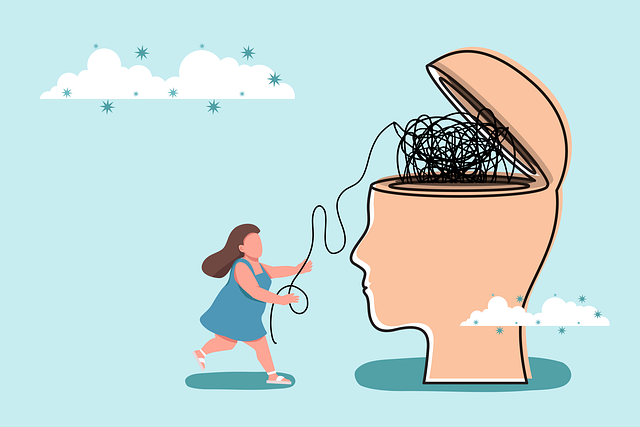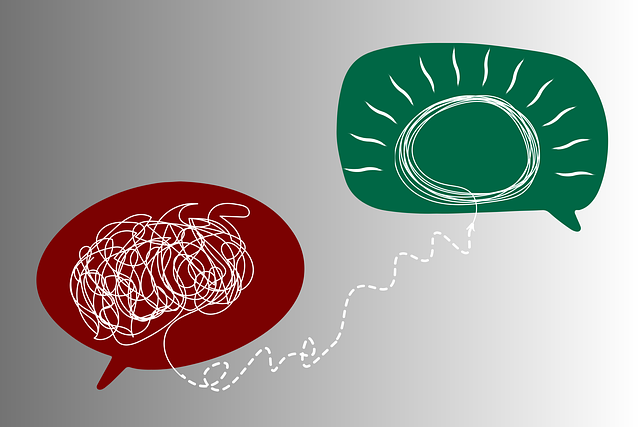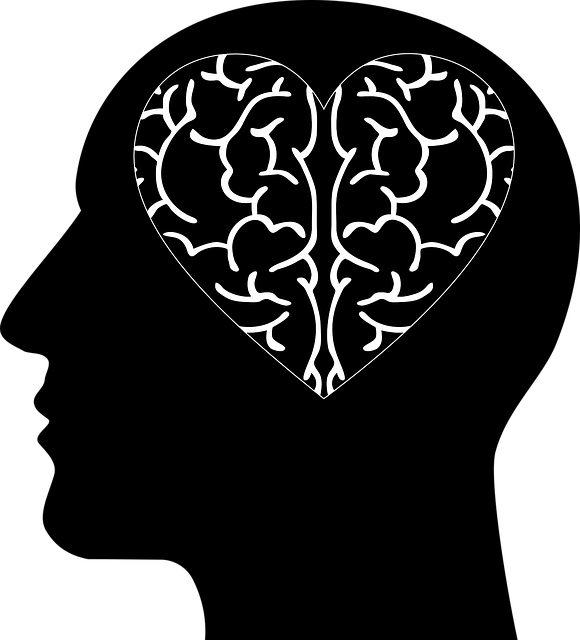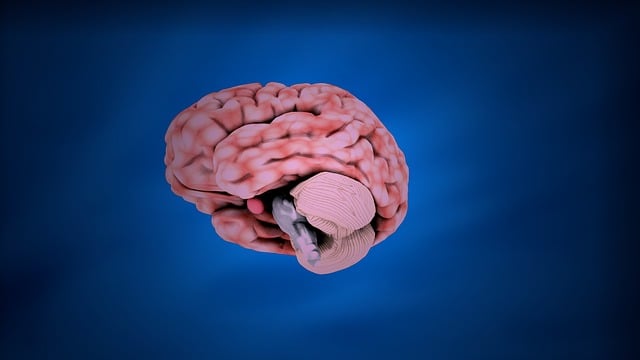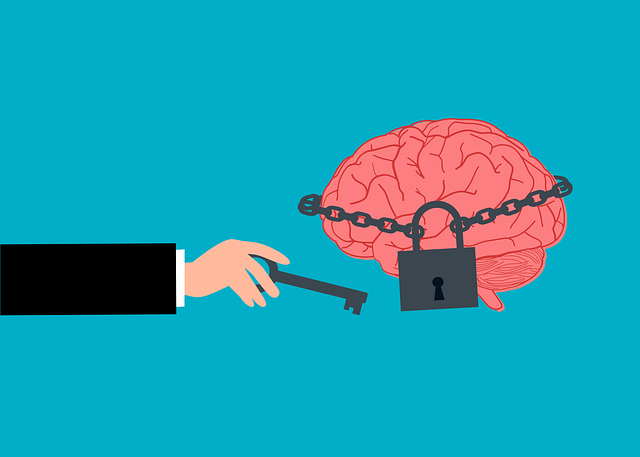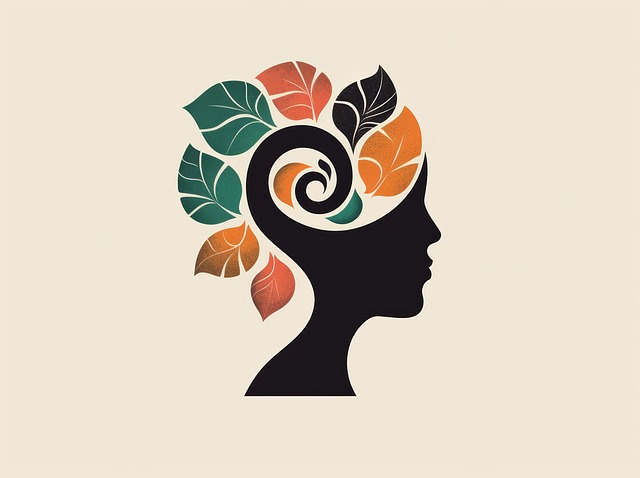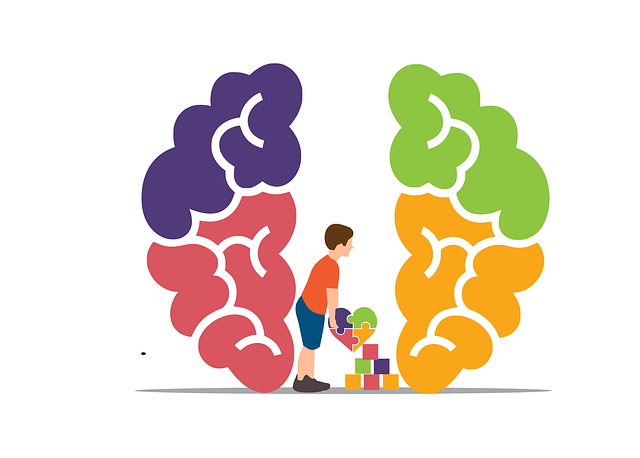Psychological testing is a key component in addressing stress and emotional challenges among young children, whose developing brains are particularly vulnerable. Through tailored assessments like questionnaires, observations, and age-appropriate interviews, therapists gain insights into each child's emotional well-being, thought processes, and behavior. This enables the creation of personalized interventions, such as positive thinking exercises and crisis guidance, aimed at building resilience and healthy coping mechanisms. Therapy for young children incorporates various approaches like mindfulness meditation, play therapy, and cognitive-behavioral therapy (CBT), tailored to age and preferences, to help them effectively manage stress and emotions. Parents play a crucial role by encouraging open communication about feelings and incorporating self-awareness exercises into daily routines, facilitating emotional understanding and resilience.
Stress reduction is a vital aspect of fostering healthy development in young children. This article explores effective strategies to combat stress, emphasizing the importance of psychological testing as an initial step. We delve into various therapy options tailored for kids, offering insights into how these approaches can alleviate their emotional burdens. Additionally, practical tips for parents and caregivers are provided to create a supportive environment, ensuring children’s mental well-being is prioritized through evidence-based practices, including psychological testing and therapeutic interventions.
- Understanding Stress in Young Children: The Role of Psychological Testing
- Therapy Options for Effective Stress Reduction in Kids
- Practical Strategies for Parents and Caregivers to Support Children's Mental Well-being
Understanding Stress in Young Children: The Role of Psychological Testing

Stress in young children is a growing concern, as their developing minds and bodies are susceptible to its adverse effects. Psychological testing plays a crucial role in understanding and diagnosing stress-related issues among this age group. Through various assessment tools, professionals can gain insights into a child’s emotional state, thought processes, and behavior patterns. This involves comprehensive evaluations that may include self-report questionnaires, observations, and interviews tailored to the child’s age.
Psychological testing enables therapists to tailor their approach for therapy in young children. By identifying specific triggers and stressors, professionals can design targeted interventions such as positive thinking exercises, crisis intervention guidance, and self-awareness activities. These methods aim to foster resilience, promote healthy coping strategies, and ultimately support the holistic development of young individuals.
Therapy Options for Effective Stress Reduction in Kids

Many young children experience stress, anxiety, or emotional challenges that can impact their overall well-being and development. Fortunately, therapy offers effective solutions to help them navigate these difficulties. One of the first steps is often psychological testing, which allows professionals to gain insights into a child’s unique needs and strengths. This process involves various assessments designed to identify specific issues, such as anxiety disorders or learning difficulties, that may be contributing to their stress.
Once diagnosed, several therapeutic approaches can be tailored to the child’s age and preferences. Crisis intervention guidance helps children cope with acute stressors and traumatic events. Mindfulness meditation has been shown to reduce anxiety and promote emotional regulation in younger individuals. Additionally, play therapy and cognitive-behavioral therapy (CBT) are popular methods that utilize creative expression and structured techniques respectively to help young clients understand and manage their emotions more effectively.
Practical Strategies for Parents and Caregivers to Support Children's Mental Well-being

Parenting and caring for a child’s mental wellness is an essential task that requires practical strategies to navigate the challenges of modern life. For young ones, supporting their emotional well-being early on can be transformative. One effective approach is incorporating self-awareness exercises tailored for kids into daily routines. Simple activities like mindful breathing or positive affirmation practices can help children understand and manage their emotions, fostering a sense of calm and resilience.
Additionally, parents can play a crucial role in promoting mental wellness by encouraging open communication about feelings and providing safe spaces for expression. Regularly checking in on their child’s emotional state, much like undergoing psychological testing, allows caregivers to identify potential issues early. This proactive approach enables the timely implementation of suitable therapy for young children, whether it be cognitive-behavioral therapy or other evidence-based methods, ensuring that children receive the support they need for a healthy mind.
In conclusion, effectively managing stress in young children involves a multi-faceted approach. While psychological testing provides valuable insights, therapy options tailored for kids and practical strategies employed by parents and caregivers are instrumental in fostering mental well-being. By combining these methods, we can create supportive environments that enable children to thrive, reducing stress levels and promoting their overall development. For parents seeking guidance, exploring therapy for young children and implementing evidence-based practices can significantly impact their child’s resilience and happiness.

